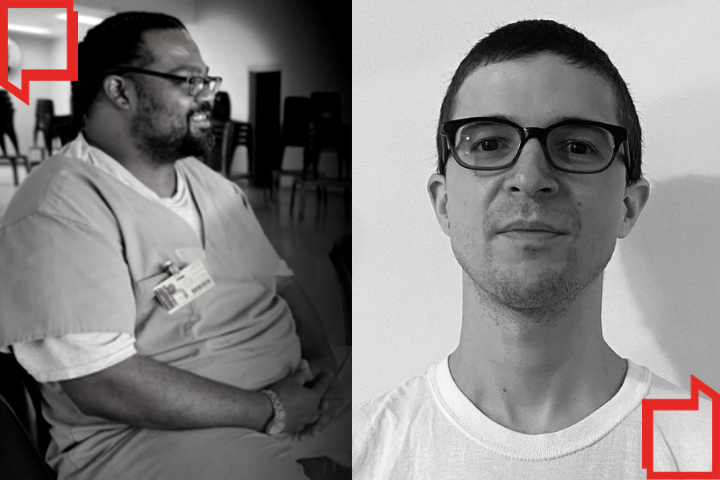When I spoke with first-time novelist David Sanchez about his new book, All Day is a Long Time (Harper, January 2022), he expressed his hope in characteristically humble terms: “I would just like to have people that don’t read that much read it.” The answer didn’t surprise me. Sanchez’s novel makes an inviting read out of difficult subject matter, drawing relatable inroads to challenging topics. Set against the backdrop of Florida’s Gulf Coast, All Day is a Long Time captures the turbulence of addiction and its aftermath. The semi-autobiographical novel follows the coming-of-age narration of a young man, also named David. After running away from home at age 14 to meet a girl, David becomes addicted to crack cocaine. What begins as an adolescent pursuit of romance and rebellion quickly devolves into a decade-long struggle to regain sobriety. During this time, David staggers in and out of jail and rehab and reckons with his fractured sense of self and relationship with his family: “My parents, my family. The abstract harms. I pushed them apart from each other. I sowed the house with blame.” Written with searing vulnerability, All Day is a Long Time sweeps its readers inside the bright and complex mind of a young man grappling with mental illness, homelessness, incarceration and sobriety.
Moving through a variety of spaces—including rehabilitation centers, jail, probation offices, and higher education—David reflects on how institutionalization “shrinks” and “hardens” his sense of self. The novel capitalizes on Sanchez’s direct experience with the subject matter and his unique narrative tone, offering intimate insight into the treatment of addiction within the criminal legal system and exploring the hypocrisy of therapy and healing modalities in spaces that promote the opposite. In the end, it is less David’s therapists who help him heal than his own self-directed and reignited passion for reading and learning. “That’s how I relearned to read, avoiding the bully sun, hiding in the dry cold public library downtown, sitting cross-legged on the ground reading Goethe or the DSM, back issues of the Saturday Evening Post or Emily Dickinson.” Through books, David begins to understand and embrace the complexities and uniqueness of his mind—and rebuild his life by rewriting his long held narratives.
Sanchez contrasts these institutional scenes with glimmers of hope and moments of ease, expressed through his breathtaking descriptions of nature, often returning to the image of the setting sun:
“Every time we would stand there and watch the sun set, as it started to get low, I would cry…Not wailing or throwing a fit but grown-up tears, like the sunset was a funeral. When anyone asked me what was wrong, I would say that I didn’t want the sun to go away, how did we know if it would come back, and that I wasn’t ready…I would ask my mom to make it stop, please, to make it stay there, and she would explain that it was gonna come back. This happens every day, she would say, this is natural and it’s pretty and it’s all part of a cycle. But my brother could see that it was still there, that grief.”
Sanchez has a knack for drawing his readers into his story, asking them to sit next to him in the overcrowded jail cell—or to feel their toes in the ocean, watching the green flash of the sun sinking below the horizon. Rendered with frankness and wit, Sanchez has what it takes to fulfill his wish: to meaningfully engage readers both inside and out of the literary world.
Listen to Emma Stamen in conversation with David Sanchez for PEN America’s Works of Justice podcast.
Emma Stammen is a postgraduate fellow with the Prison and Justice Writing Program at PEN America. She received her BA with honors from Scripps College, where she majored in Feminist, Gender and Sexuality Studies and English. In addition to her fellowship with PEN America, Emma is a research fellow at The Sentencing Project, and has previously worked for the Correctional Association of New York and The Seattle Clemency Project.










